Viettel Group is one of the domestic enterprises that has participated in the semiconductor industry market in the chip design stage. Sharing the chip design journey, Dr. Nguyen Trung Kien, Deputy Head of Semiconductor Technology Department, Viettel Group said that Viettel started researching and designing chips in 2019, and has now completed manufacturing digital signal pre-processing chips (Digital Front-end) for 5G base stations; completed manufacturing high-frequency transceiver chips (RFIC) for 5G and other radio communication systems... This is the premise for Viettel to be able to produce chips serving many fields in the future.
Despite using the latest design technology, mastering system design, system integration, mastering core IP and mastering measurement, Viettel Group's research staff in this field is only a small group of a few people. To master the most complex chip line of the 5G ecosystem, Viettel Group has cooperated with domestic and foreign enterprises and with Ho Chi Minh City University of Technology. Dr. Nguyen Trung Kien affirmed that cooperation and leveraging the resources of new parties will bring success. In the coming time, the Group will continue to cooperate with universities and research facilities to expand its chip products.
The success of the semiconductor industry depends largely on human resources. Many opinions say that in order to have human resources to meet the requirements of domestic and foreign enterprises, it is not only dependent on the internal strength of training institutions but also requires the cooperation of the State, schools and enterprises.
Dr. Le Truong Tung, Chairman of the Board of Directors, FPT University, said that training human resources in semiconductor technology has specific challenges compared to training in other fields such as: Training human resources for the high-tech industry requires a large number; training time must be very fast because the opportunity is only a few years; human resources do not simply serve the market in Vietnam but must be trained according to international standards to be able to work abroad.
FPT University plans to enroll 1,000 undergraduate students and 1,000 short-term and college students in 2024, so that the first batch of short-term students will graduate in 2025. FPT University will support tuition fees for students studying in Vietnam and propose that foreign partners support tuition fees during their training abroad to create attractiveness compared to other majors. However, Dr. Le Truong Tung suggested that in order for students to choose semiconductor microprocessor technology and accept giving up other equally attractive majors, in addition to the school's preferential policies, the State needs to have clear output information, have direct support policies for students, and businesses can support partial training.
With the trend of many large global technology enterprises wanting to invest in the electronics, chip and semiconductor industries in Vietnam, many experts believe that Hoa Lac High-Tech Park is one of the ideal locations for investors as the park already has an ecosystem of universities, research institutes and many large technology enterprises, along with preferential investment mechanisms and favorable administrative procedures.
Mr. Tran Dac Trung, Deputy Head of the Hoa Lac High-Tech Park Management Board, said that one of the successes of the Hoa Lac High-Tech Park is the connection between universities, research institutes and enterprises, with mutual orders. The Hoa Lac High-Tech Park is working with research institutes, universities and enterprises in the park to prepare human resources to serve research activities and meet the needs when large projects come into investment. In particular, the Hoa Lac High-Tech Park Management Board ensures the management and promotion, connecting the remaining "houses" to create a strong enough network, avoiding fragmented and overlapping development. With careful preparation and many attractive incentive policies, a favorable environment, Mr. Tran Dac Trung expects that the Hoa Lac High-Tech Park will be the address for technology "eagles" to "build nests" in the coming time.
With the orientation of providing human resources for the semiconductor industry for domestic and foreign markets, cooperation with foreign countries in human resource training is considered very important. Many training institutions said that the current challenge is that university training programs are still lacking and do not meet international standards, so international cooperation needs to be implemented systematically, effectively, and with focus. For lecturer training, it is necessary to send lecturers to study and research at the world's leading universities and research institutes and create conditions for lecturers to participate in scientific seminars and practical production.
In recent times, many units have taken steps to gradually develop semiconductor human resources through training programs, technology transfer, and support of tools, software, and techniques from foreign partners.
The National Innovation Center (NIC) cooperates with domestic and foreign enterprises to provide training scholarships; cooperates with American companies to grant free copyrights for electronic circuit and semiconductor design software to training institutions; signs cooperation agreements with international universities, cooperates with foreign enterprises to provide technical equipment for universities and organize training courses for lecturers.
FPT University also said that it has worked with foreign partners to design and implement a short-term training program on semiconductor microchips.
The Vietnam-Korea Institute of Science and Technology (VKIST) has received experience from the Korea Institute of Science and Technology (KIST) in developing the semiconductor industry, supporting human resource training for semiconductor microchip research, and supporting the establishment of a semiconductor microchip research lab...
Dr. Vo Xuan Hoai, Deputy Director of the National Innovation Center, said that the Draft Project on Human Resources Development for the Semiconductor Industry to 2030, with a vision to 2050, developed by the Ministry of Planning and Investment and submitted to the Government, identified human resources as one of Vietnam's strengths. The strategic cooperation relationship between the State, schools, and businesses is also affirmed in this draft project. However, many opinions say that the project also needs to have policies to directly support learners and orient cooperation with foreign partners in the process of training human resources for the semiconductor industry.
Source: https://nhandan.vn/hop-tac-phat-trien-nhan-luc-nganh-cong-nghe-ban-dan-post823612.html


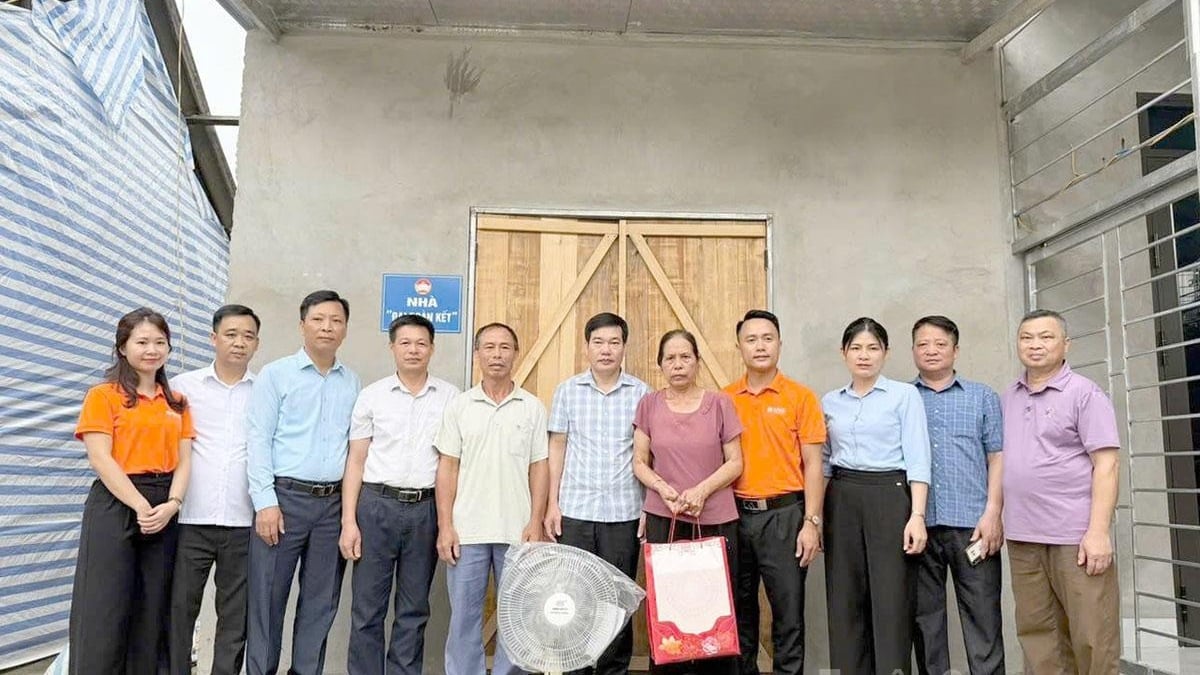


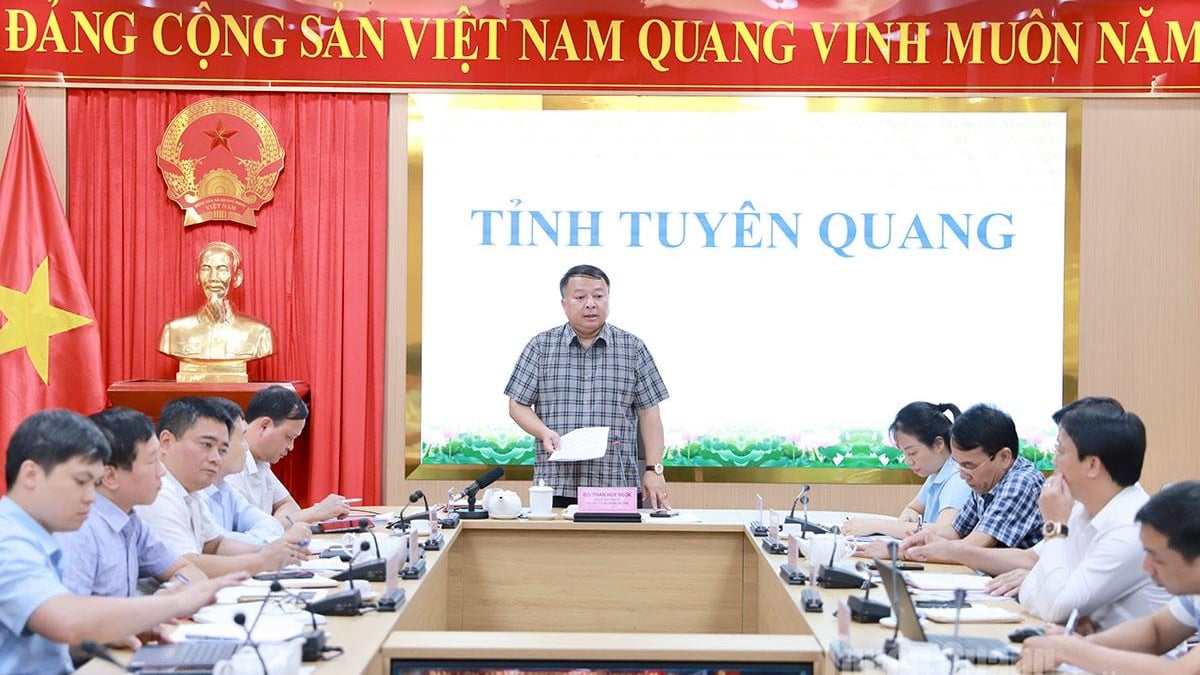

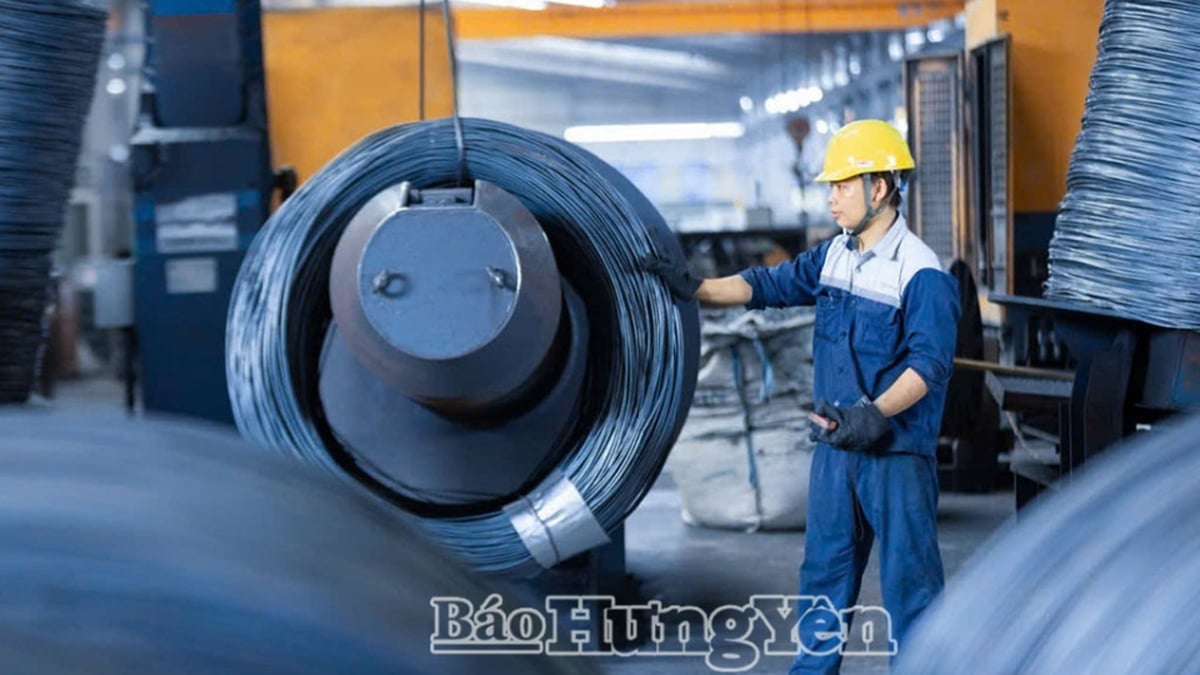
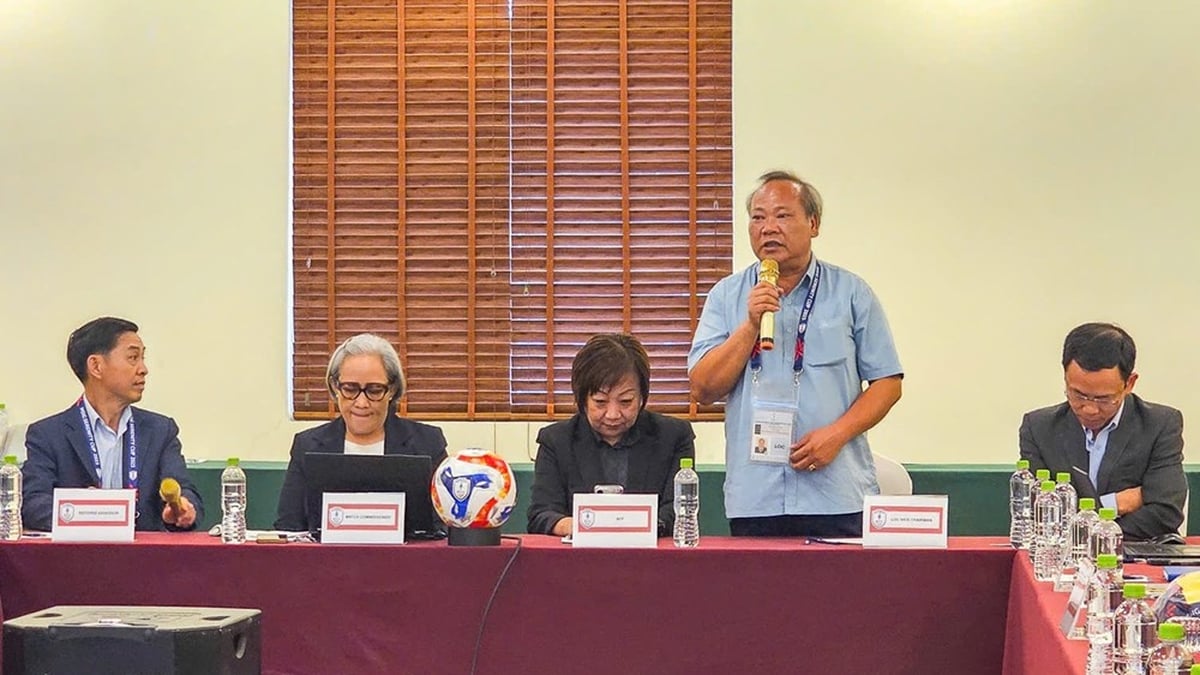
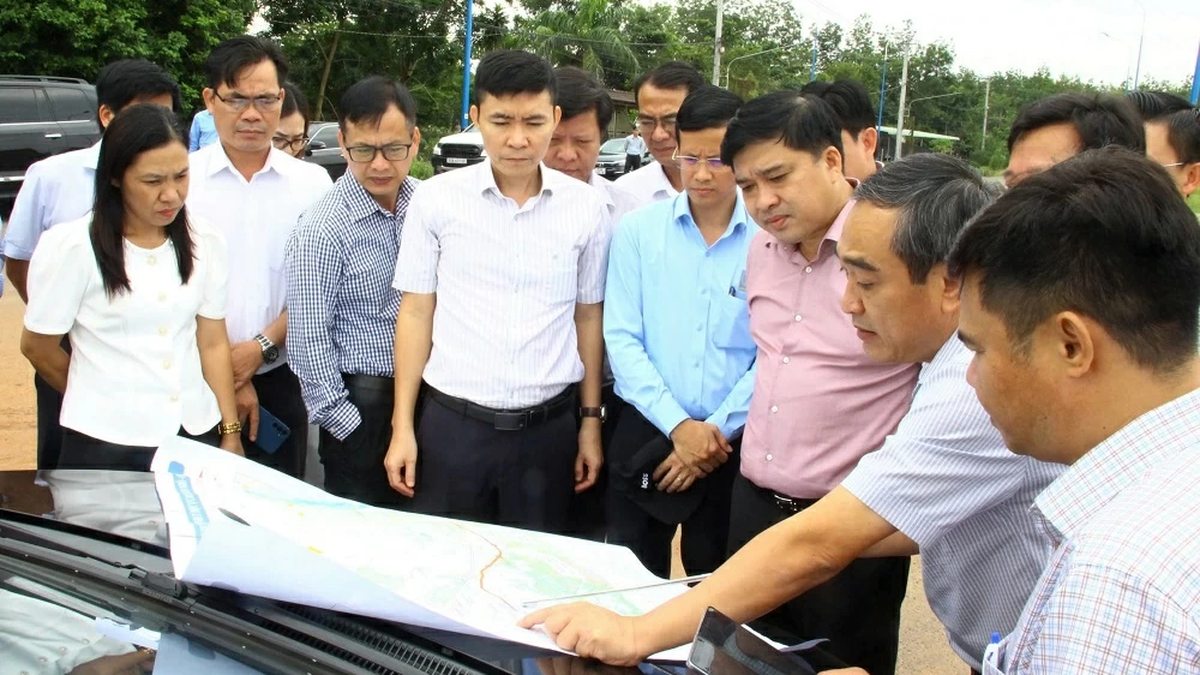
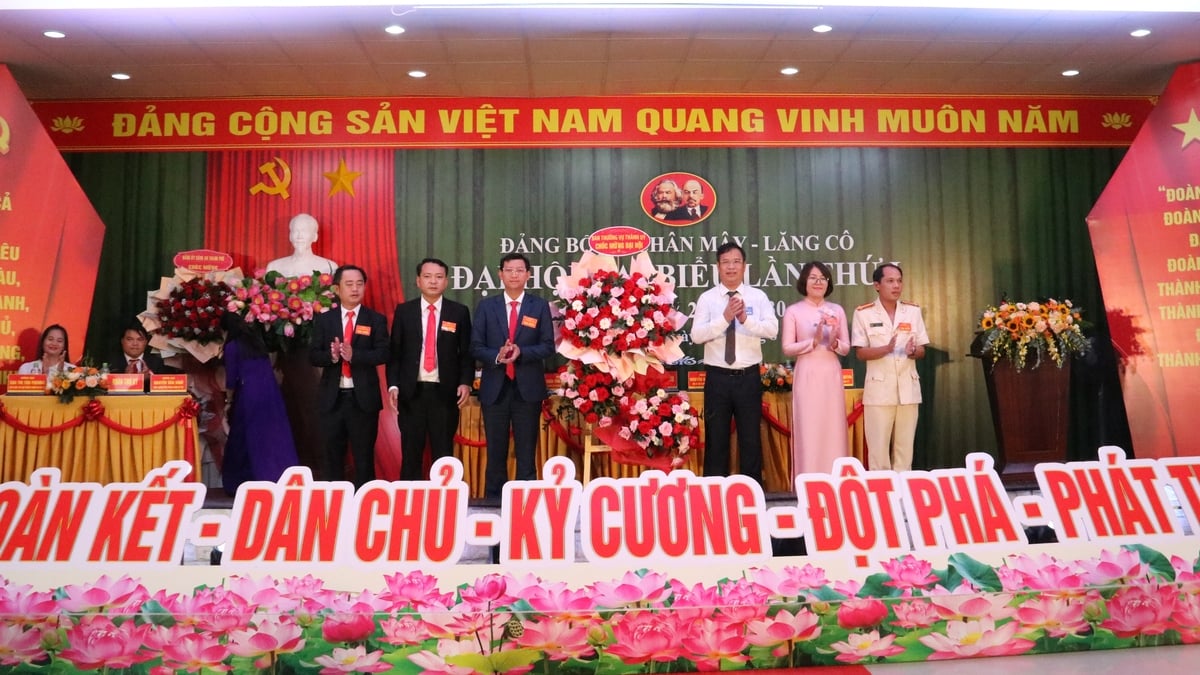
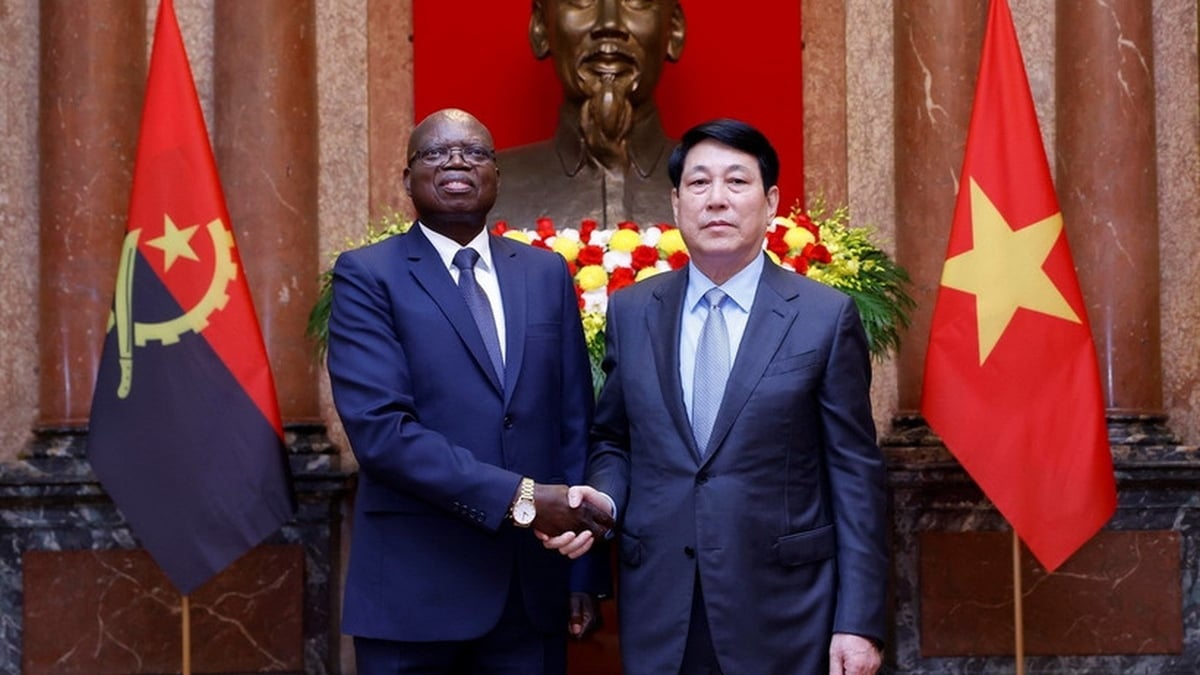












![[Photo] Nghe An: Provincial Road 543D seriously eroded due to floods](https://vphoto.vietnam.vn/thumb/1200x675/vietnam/resource/IMAGE/2025/8/5/5759d3837c26428799f6d929fa274493)




























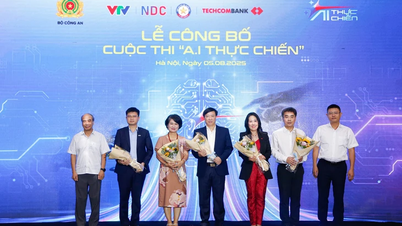
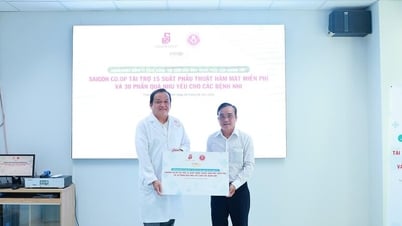






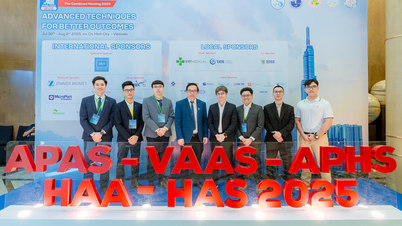
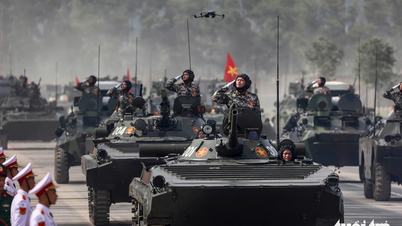

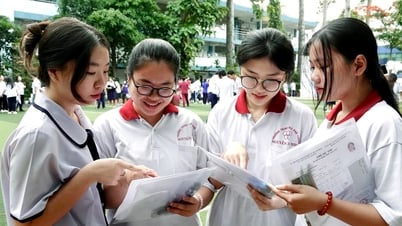







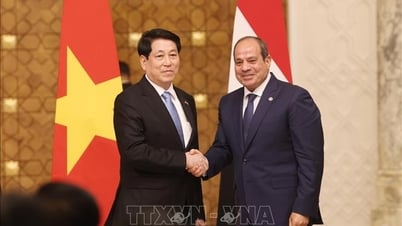
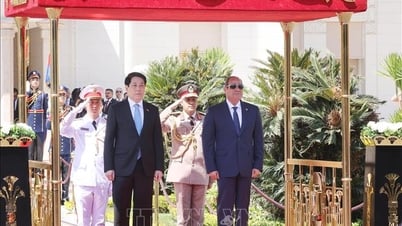

























Comment (0)